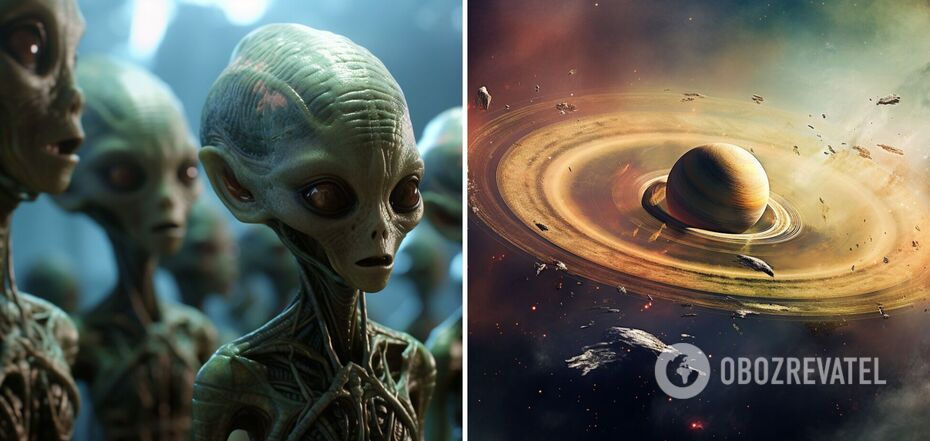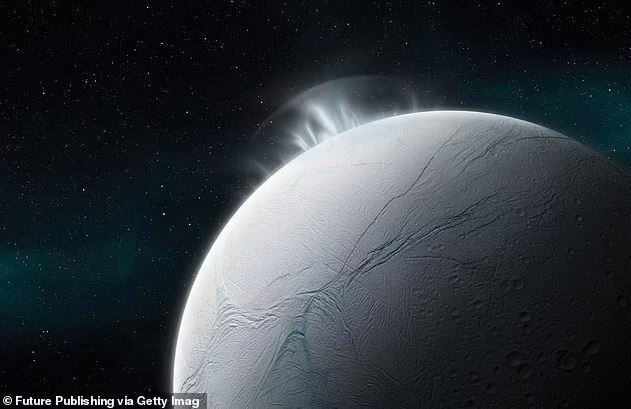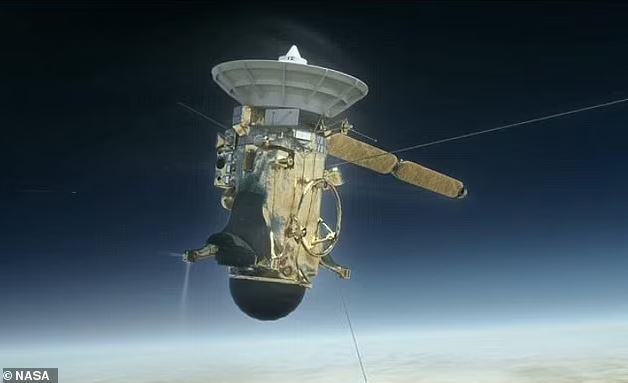Life
Are aliens hiding on Saturn's moon? Scientists have made an unexpected discovery
Scientists have found perhaps the most promising evidence yet that life exists on Enceladus, Saturn's sixth largest moon. NASA's Cassini spacecraft has collected data that suggests the presence of phosphates, key elements for life, on the moon.
According to scientists, phosphates dissolve in liquid water oceans in the form of salts. The Daily Mail reported more about the discovery.
Enceladus is a truly unique place in the Solar System, as its icy surface has long serpentine faults that eject huge plumes of ice and water vapour particles into space.
According to experts from the Freie Universität in Berlin, the phosphorus on Enceladus means that a "giant leap forward" has just been made in the question of extraterrestrial life in our solar system.
"Previously, there was no consensus on the question of whether phosphates were present in Enceladus' ocean. But Cassini's measurements leave no doubt that significant amounts of this important substance are present in the ocean water," said Professor Frank Postberg.
Phosphate is a natural source of phosphorus, an element that provides a quarter of all the nutrients plants need for growth and development. It is essential for the creation of DNA and RNA, cell membranes and compounds called ATP, the universal carriers of energy in cells.
It is also one of the six elements essential for life, along with carbon, hydrogen, nitrogen, oxygen and sulphur.
"We now know that Enceladus has the right conditions for life to emerge," added Professor Postberg.
Cassini has been exploring Saturn and its known moons for more than a decade, and not only did it image the Enceladus plumes for the first time, but it flew right through them.
Professor Postberg and his colleagues analysed the data collected by the Cassini mission's Space Dust Analyser, an onboard instrument that could detect dust particles as small as a thousand millimetres wide. The scientists suggest that phosphorus may be available in concentrations at least 100 times higher than in the Earth's oceans.
So, if life exists or has existed on Enceladus, it is likely to be in a liquid layer of water. To confirm or deny this hypothesis, a new space mission will soon be sent to Enceladus.
Earlier, OBOZREVATEL also reported that astronomers have already detected 50 mysterious signals sent from deep space to Earth.
Subscribe to OBOZREVATEL's Telegram and Viber channels to keep up with the latest news.































